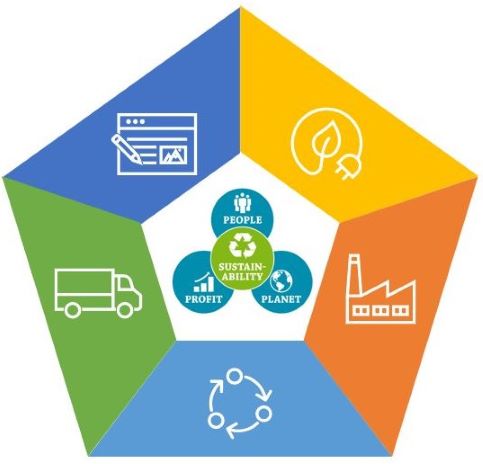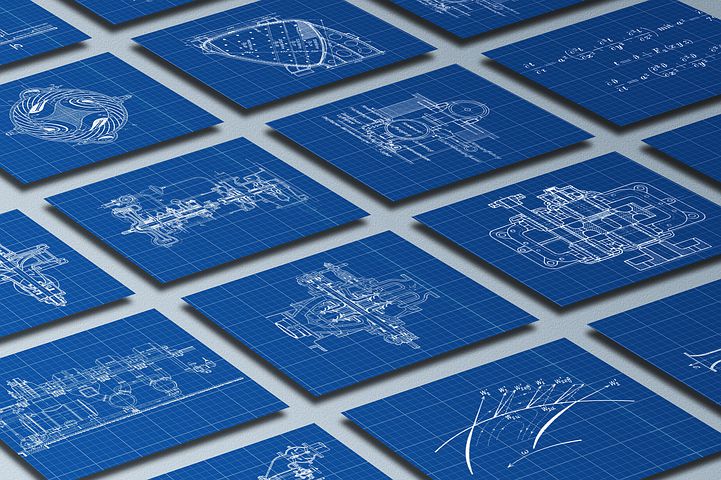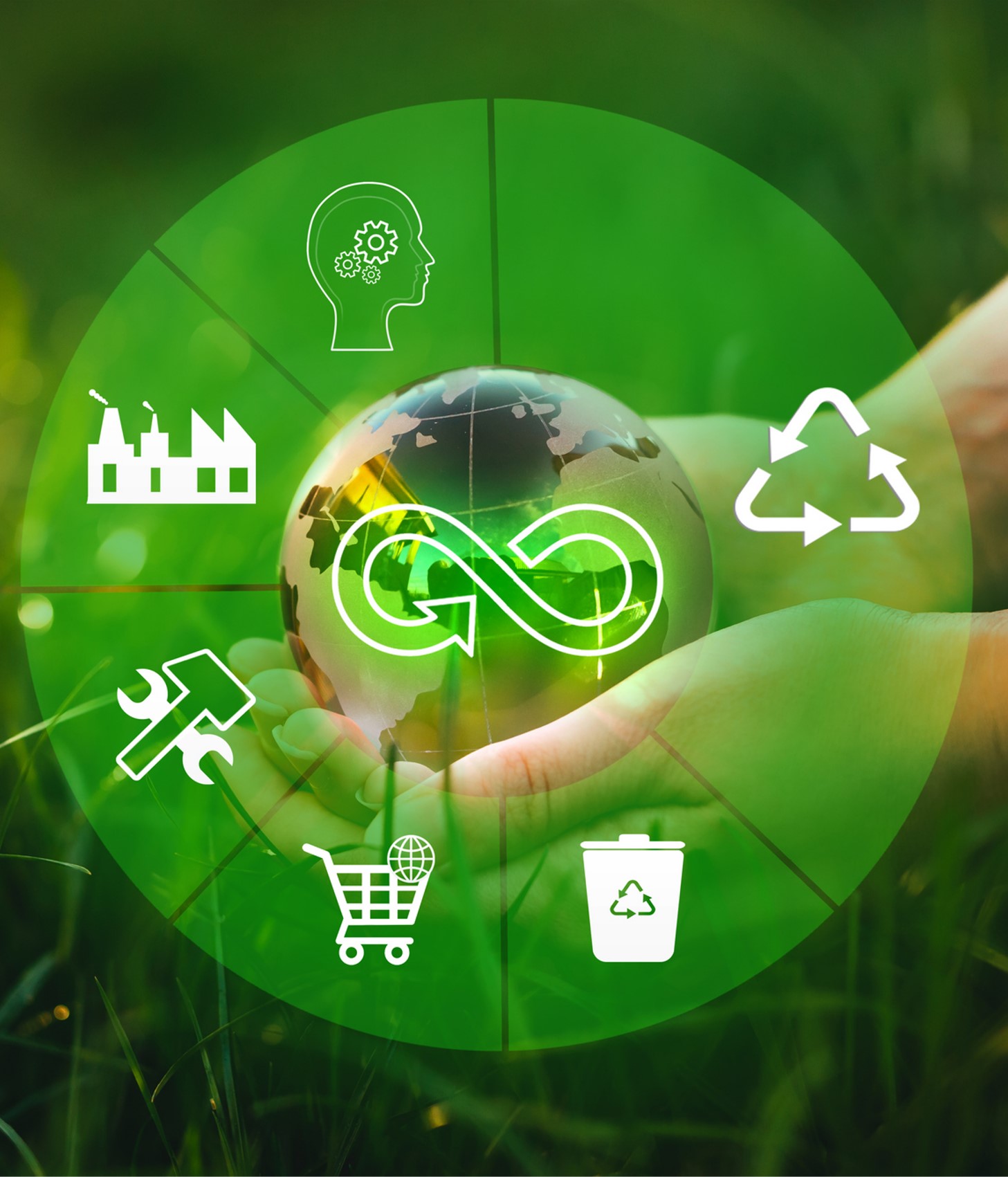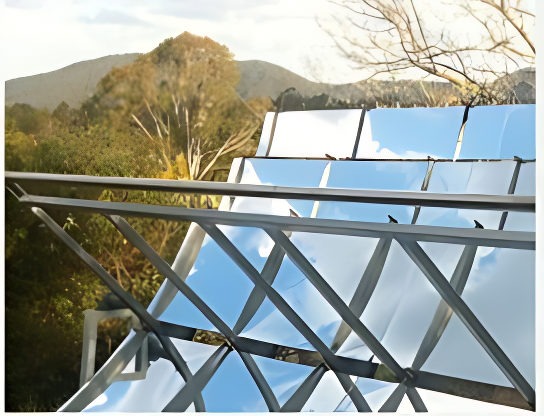SIMPLE Hub
Welcome to Sustainable Industry Manufacturing Planning for Long-term Ecosystems, otherwise known as the SIMPLE Hub (SH) program, led by the University of Southern Queensland.
Our goal is to simplify regional research collaboration in manufacturing.
The Hub is creating a step-change by focusing on capacity building initiatives to enable industry and universities to co-design and develop new projects and processes to support regional manufacturing priorities such as technical, environmental, economic, educational and cultural aspects of GREEN ENERGY, RESOURCE RECOVERY and WASTE RECYCLING / UPCYCLING.
It is also creating a workforce pipeline to support the sector, training industry-ready researchers who will be the innovators for regional manufacturing industries into the future.
Vision
The SIMPLE Hub enables an innovative ecosystem, linking industry with regional universities to create more efficient, intelligent, responsive, and agile industry sectors that are profitable, scalable, and transferable nationally and globally.
The Hub is a leading consortium, linking regional and metropolitan stakeholders in sustainable circular economy futures.



Sustainable Manufacturing EcoSystem Modelling
-
This project aims to create new value-added products by utilizing waste materials generated by industry partners. The focus is on developing cross-sector business cases and identifying profitable waste streams to create viable local circular economies.
-
The aim is to provide sustainability and explore cross-synergies for best choice value-add options for over 50% of Southeast Queensland’s waste volume.
-
The project aligns with national research priorities in Advanced Manufacturing and Environmental Change and seeks to develop new circular economies from resources at the end of their usable material life.
-
The project will involve the development of policy around waste recovery and value-add, and the advisory committee will provide feedback.
-
The technical components developed may have intellectual property value, particularly for new processing technology approaches and new products.

Cultural Change and Innovation Education
-
-
The project aims to increase social awareness of waste recovery and sustainability in regional communities. This will be achieved through dissemination strategies that encourage waste reduction and the purchase of locally-made products.
-
The project will also provide training and educational programs for regional researchers to enhance their engagement with regional industries and real-world research and innovation.
-
The project aims to enhance the confidence of regional industries in regional university partnered research by evaluating the perceptions of industry and researchers and developing strategies to enhance future partnerships.
-
Multiple stakeholders will be involved in promoting the sharing of key environmental sustainability knowledge, skills, and objectives, including waste and cost reduction in regional manufacturing.
-

Circular Economy Demonstrators
-
Below is a summary of four projects aimed at enhancing processes from laboratory to industry demonstrator scale:
-
SHA5_P1_Pallets will enhance recovered materials for reuse as advanced reinforced materials in logistics markets, initially focusing on virgin materials and then transitioning to recyclability and sustainability.
-
SHA5_P2_Coatings will collaborate with the Advanced Manufacturing Research Centre (AMRC UK) to develop eco-friendly polymer coating technologies and materials, starting with virgin polymers and progressing to polymer recyclates.
-
SHA5_P3_FireRetardant will advance polymer compatibilisation development of fire-retardant material systems produced from recycled polypropylene.
-
SHA5_P4_SEWER will recover embodied energy in agricultural and municipal organic lignocellulosic wastes and effluent using high-temperature Concentrated Solar Thermal (CST) energy.
Industry Partners
SIMPLE Hub contact
General Enquiries: SIMPLEHub@unisq.edu.au
A/Prof. Polly Burey, Co-Director, E: Polly.Burey@unisq.edu.au, P: +61 7 4631 1937
Dr Tristan Shelley, Co-Director, E: Tristan.Shelley@unisq.edu.au, P: +61 7 4631 5474

High Volume and High Value Remanufacturing Research
-
- To develop sustainable and cost-effective processes from laboratory to industry demonstrator scale. The following are the research projects under these programs:
- SHA4A_P1_Polymerics: Develop advanced material categorisation and re-processing technologies to reuse polymeric wastes.
- SHA4A_P2_Grout: Identify waste materials that can replace cement or be added to grout mixes for encapsulating rock bolts and cable bolts.
- SHA4A_P3_Biomaterials: Create tailored cellulose materials from agri-food waste streams and develop fruit peel-based bio-adsorbents.
- SHA4B_P1_EggShell: Create a 3D scaphoid using 3D printed ‘waste’ eggshell particles and commercially available hydrogels.
- SHA4B_P2_Trainer: Develop a cost-effective lumbar epidural trainer model for use in regional health services.
- SHA4B_P3_Scaphoid: Use CAD/CAM to develop 3D printable templates to assist in orthopaedic surgery.
- SHA4B_P4_HospitalWaste: Investigate surgery waste materials to determine barriers to waste reduction and sustainable reuse opportunities.

News
- Complex manufacturing problems? Use a SIMPLE solution
- Construction and Deconstruction: Materials and substance from’waste’
- Want the latest updates from our research teams? Follow the hashtag #CFMSIMPLEHub for exciting news and developments!










